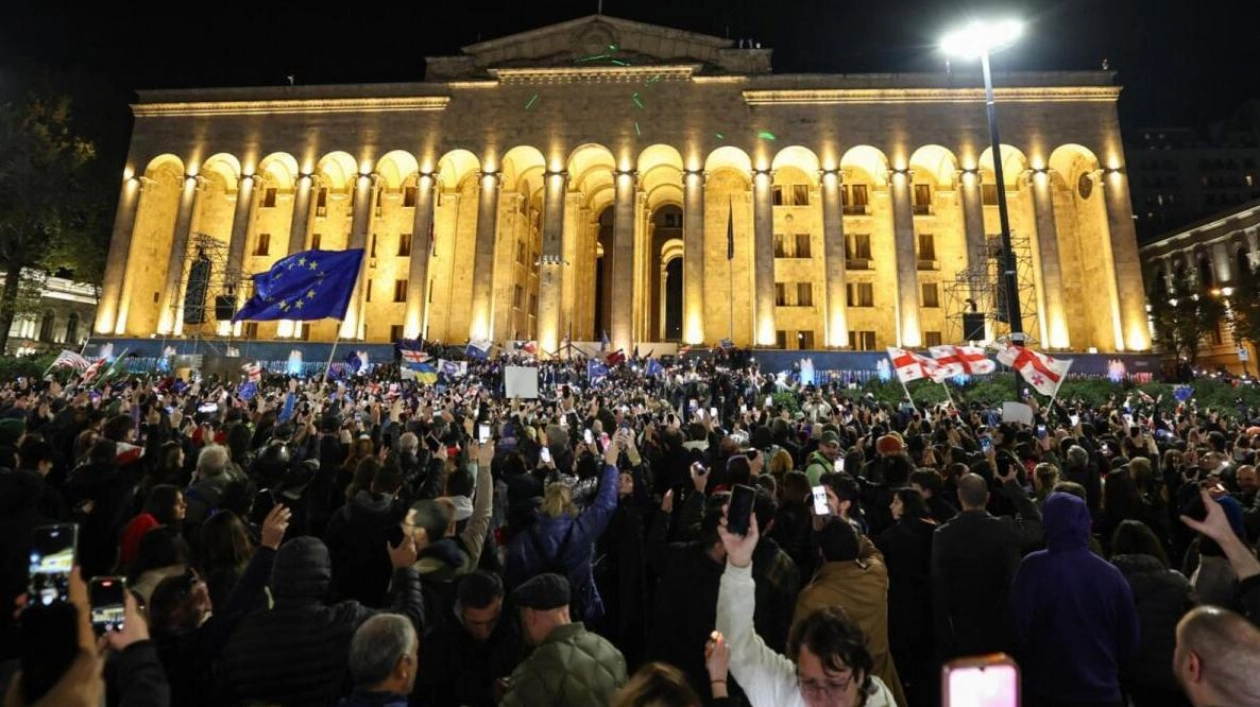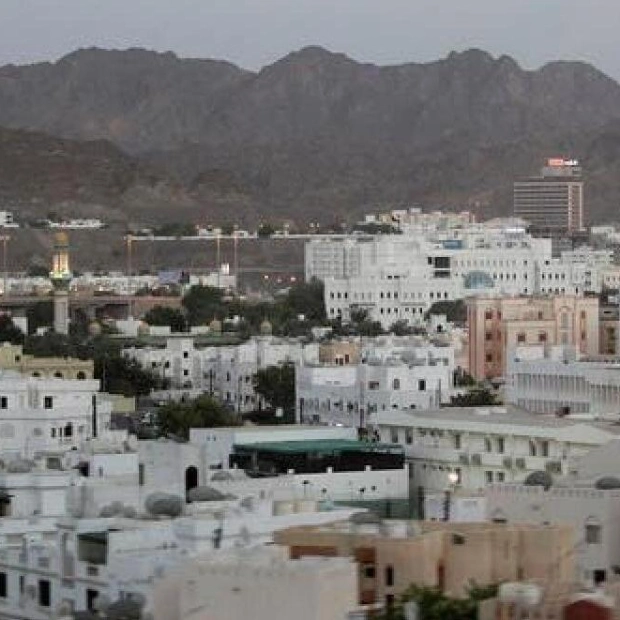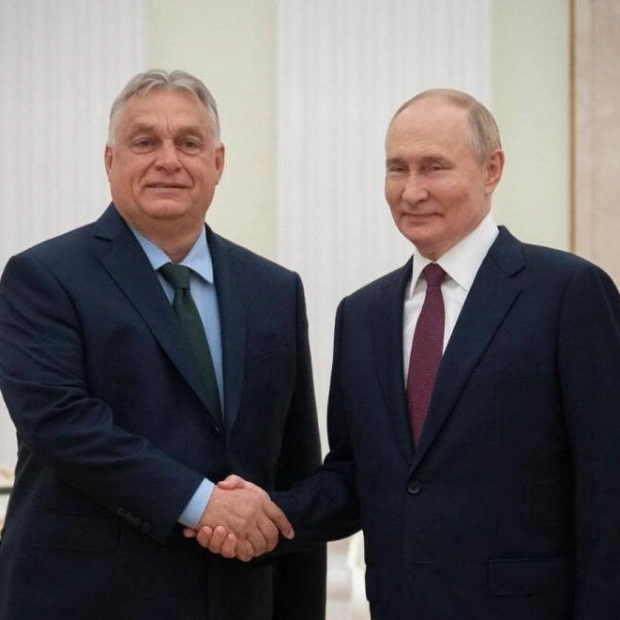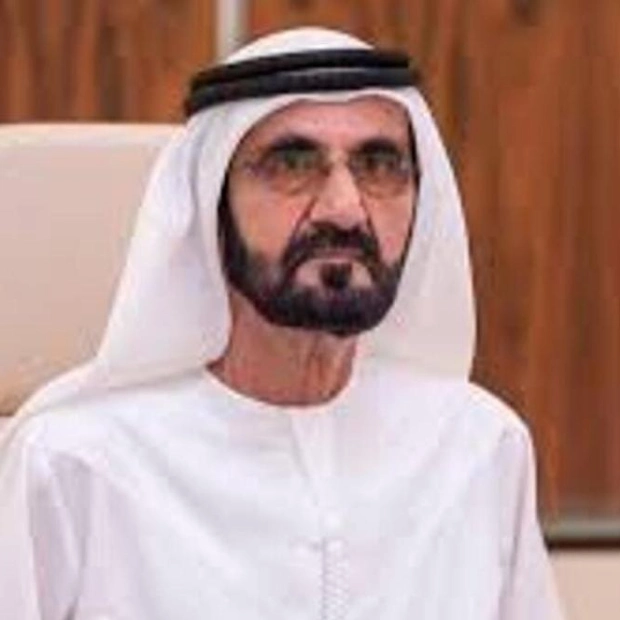Georgia's new parliament is set to convene for its inaugural session on Monday, amidst ongoing opposition protests over allegations of electoral fraud and the pro-European president's demand for the results to be annulled.
Nearly a month after the October 26 vote, which saw the governing Georgian Dream party emerge victorious, political unrest persists in the small post-Soviet nation located in the Caucasus. Pro-Western opposition parties have refused to participate in the new parliament, labeling it as 'illegitimate'. Pro-European President Salome Zurabishvili, who is at odds with the governing party, has filed a lawsuit with the constitutional court seeking to invalidate the election results. Zurabishvili has accused Russia of meddling in the vote, a claim Moscow has vehemently denied, and has withheld issuing a presidential decree to convene the legislature.
Georgian Dream, which has secured 89 seats in the 150-member chamber, maintains that the election was free and fair. Parliamentary speaker Shalva Papuashvili has stated that lawmakers will convene regardless of the absence of a presidential summons. 'Parliament's first plenary session will be held on November 25 at 12 (0800 GMT),' he announced during a press conference on Friday. Opposition parties have planned a protest rally outside the parliament building on Monday morning.
A prominent constitutional law expert, Vakhushti Menabde, has opined that the 'new parliament cannot convene until the constitutional court delivers its ruling on Zurabishvili's lawsuit'. The opposition accuses the Georgian Dream government of tilting the country's foreign policy towards Russia and undermining its long-standing aspiration to join the European Union, charges the party denies. Since the vote, tens of thousands have taken to the streets in Tbilisi to protest alleged electoral fraud. The European Union and the US have called for an investigation into 'irregularities' during the vote.
Papuashvili stated that MPs in the new parliament are expected to vote for current Prime Minister Irakli Kobakhidze to continue as the head of government. The right to nominate a prime minister is vested in Georgian Dream's billionaire founder and 'honorary chairman' Bidzina Ivanishvili, who is widely seen as the real power behind the scenes despite holding no official government position. MPs will also determine the date for a presidential election, expected to take place by the end of the year. For the first time in the country's history, the next president will be elected by an electoral college comprising lawmakers and local officials, rather than through universal suffrage. Zurabishvili is widely anticipated to lose office as a result of the constitutional reform adopted in 2017.
Following the parliamentary vote, a group of Georgia's leading election monitors claimed to have uncovered evidence of a sophisticated scheme of large-scale electoral fraud that allegedly favored Georgian Dream. EU foreign policy chief Josep Borrell announced last week that the bloc 'will send a mission to Georgia... and the election will have to be investigated'. 'To the Georgian people... the EU will never abandon you and your fight for EU values,' he stated in a release following a meeting of the EU Foreign Affairs Council. Prior to the elections, Brussels had warned Tbilisi that the conduct of the vote would be crucial for its prospects of joining the bloc. Georgian Dream has denied the fraud allegations and asserts that EU membership remains 'the top priority' of its government.
Source link: https://www.khaleejtimes.com






